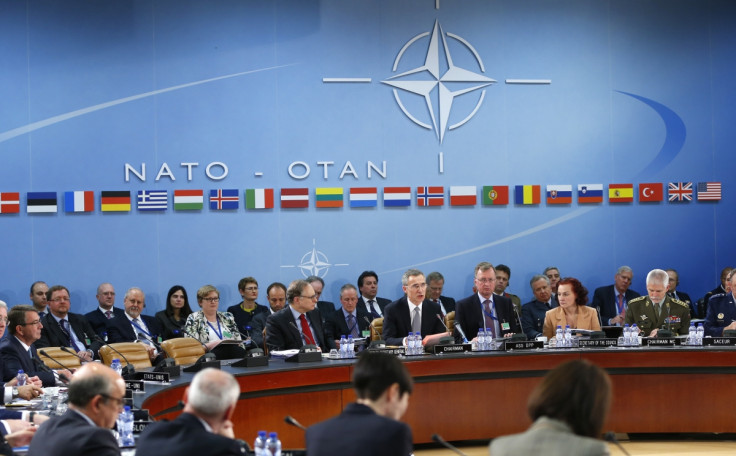War on Isis: Poland to join fight against Daesh in exchange for more Nato troops

Poland will join the fight against Islamic State (Isis) in the Middle East in exchange for Nato to increase their presence in Eastern Europe in the wake of Russia's renewed aggression on the alliance's eastern flank. Poland has become nervous of Russian involvement after the annexation of Ukraine's Crimea peninsula in 2014.
Nato will meet at a summit in July this year and the Poles are hoping to convince them to send more troops to former communist eastern Europe. Nato agreed on 10 February its most robust steps to deter Moscow from any attack within its borders defining ways to rapidly deploy air, naval and ground forces.
So far Poland's only involvement in the Middle East has been limited to sending ammunition to Jordan which is part of the US-led coalition. Poland's statement of intent comes as Saudi Arabia and UAE have said that they will join ground operations against Daesh and the Netherlands said that they will increase their involvement.
Poland's contribution to the campaign against Daesh (Isis) could involve reconnaissance and training, according to officials. And a final decision on the country's response to the Isis jihadists will be announced in the coming days.
The announcement was made by Defence Minister Antoni Macierewicz after a meeting with US Defence Secretary Ash Carter in Brussels. According to Reuters, Macierewicz said: "Poland has joined the actions, which are now so crucial, on NATO's southern flank.
"When it comes to details ... we will continue to discuss it, particularly as we consider it in the broad context of Nato's situation, hoping that both the U.S. and NATO as a whole will back Poland and other countries on the eastern flank with their ... permanent presence."
The upcoming Nato defence ministers' meeting in Brussels will outline plans for a complex web of small outposts, forces on rotation, regular war games and warehoused equipment ready for use by a Nato rapid response force, consisting of 40,000 air, naval and special operations personnel.
"Nato faces pressure now on its eastern border and in the Mediterranean and today we need to unite round a clear plan to deploy troops and ships to deter any aggression and the threats that we've seen. And we want to see faster deployment of those troops," British Defence Secretary Michael Fallon said.
© Copyright IBTimes 2025. All rights reserved.






















